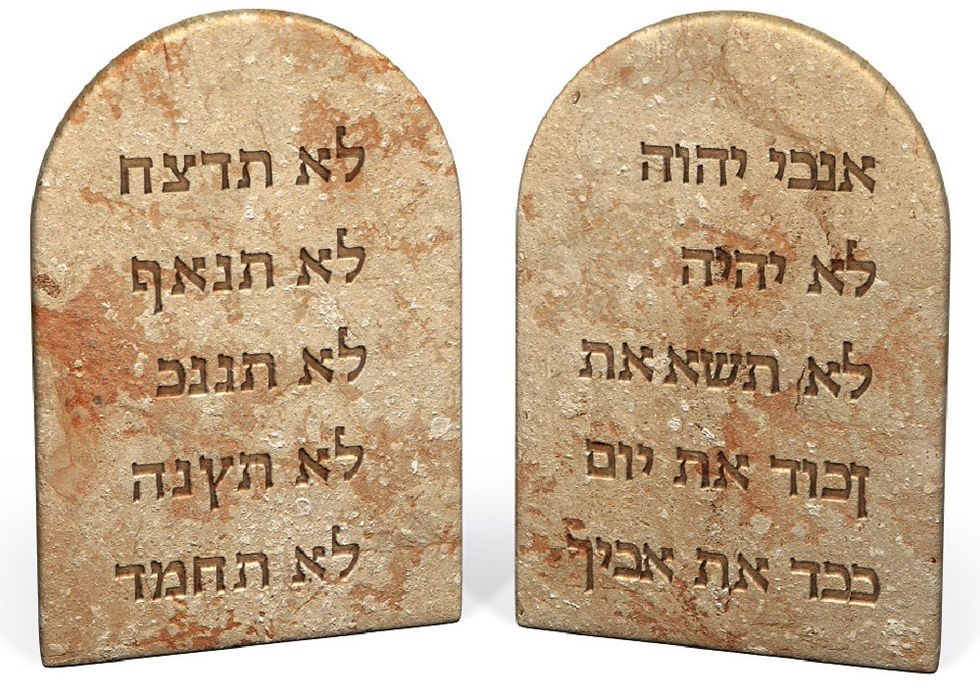
Within the first two sentences of the US Declaration of Independence, G-d is mentioned twice. It speaks of ‘the station to which Nature’s G-d entitles a people’, and that ‘people are endowed by their Creator to certain inalienable rights’. When it came time to write Israel’s Declaration of Independence, the question arose, should G-d’s name be included in the document? There is a well-known quip, z‘two Jews, three opinions’, therefore, it should not come as a surprise that this issue was not a simple one to resolve. The committee that was formed to draft the declaration included religious members, some of them Rabbis, who wanted to include ‘The G-d of Israel’, and secular Zionists who had worked to create a modern state, which for them could not be based on religion.
David Ben Gurion, the head of Jewish leadership, was avowedly secular, however, he was also steeped in study of the Hebrew Bible and saw it as the repository of Jewish tradition. He suggested using the term ‘Rock of Israel’ which is found twice in the Torah to refer to the Almighty. It was a good compromise because ‘Rock of Israel’ does not explicitly mention G-d, and could be interpreted as the collective of the people or one of our leaders. The committee added ‘with trust in the Rock of Israel’, which in my mind reinforces the religious allusion. Ben Gurion also offered to put in the term ‘and their redeemer’, but this last part mysteriously never made into the final draft. A balance was struck; but as with all good compromises, both sides walked away dissatisfied with the final version.

In this week’s Torah portion, we have the founding declaration of the Jewish people as they left Egypt and became a nation, the Ten Commandments (or ten proclamations as the Torah calls it). There is no ambiguity here, for the opening statement is ‘I am the Lord your G-d who took you out of the land of Egypt from the house of bondage’. At first glance this seems to be a rather straightforward statement. However, on further reflection many questions arise. Is this statement a commandment? Can a person be commanded to believe? And if he does not believe, then what goo the use of the possessive in the statement, I am the Lord your G-d, (also note that your is in the singular). Perhaps this is why the statement was not formulated as a commandment. Each person must come to belief in his own personal way.

What we see from the establishment of the Jewish state that even the secular Zionist David Ben Gurion recognized that for the Jewish people, the Torah is the repository of Jewish values, history and ideas. Ben Gurion, once he became the first Prime Minister of Israel also for the study of Tanach, the Jewish Bible to be instituted in all the schools in Israel. The process that started with the first declaration of independence for the Jewish people at Mount Sinai, the ten commandments, and then continued through the Declaration of Independence of the State of Israel is still unfolding. We are still working until this very day to strike a balance of how to include religion and Jewish tradition in the governance and the character of the Jewish state. This came about through dialogue, compromise and a willingness to move forward for the better good of our people. We need to assure that this will continue as we work to continue to flourish to be one people with many opinions.

Comentarios